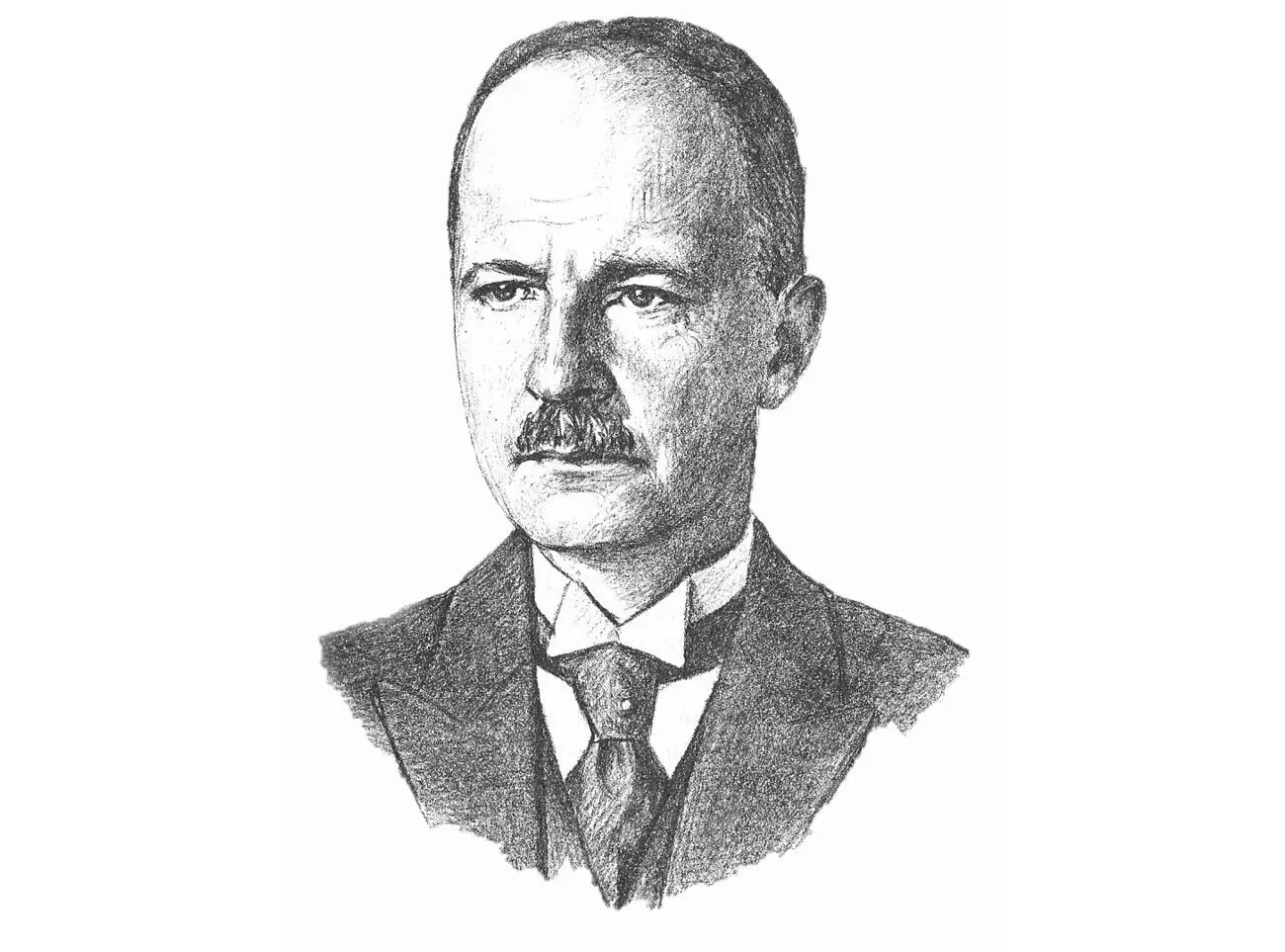Hitler’s secret instruction to his generals in November 1937 that they should prepare for an attack on Czechoslovakia in the following year now began to dominate the work of the planners in Berlin. Amongst the generals, however, there was consternation. This would be bound to lead to war, and that could ultimately end only in catastrophe for Germany. There was a united view that this time Hitler must be diverted; if this proved impossible, he should be removed – if necessary by force. Canaris issued instructions that Abwehr reports to Hitler should exaggerate the strength of the Czech defences, and stress the probability that Britain, France and Russia would go to war if Hitler attacked. On 30 May 1938 Ludwig Beck warned Hitler, ‘the campaign against Czechoslovakia can be very successful, but Germany will lose the war’. He followed this up on 3 June by sending the Führer a courageous memo opposing the planned invasion on military grounds. On 16 July he sent another, even more forthright, memo warning that an attack on Czechoslovakia would involve war with Britain and France. Finally, on 18 August, six weeks before the planned invasion, Beck resigned his post as chief of the army general staff and accepted a posting to command the German First Army on the Western Front. From his new position he opened up a secret and traitorous dialogue with foreign contacts in Basel.
It was around this time that Beck, Canaris, Goerdeler and their fellow conspirators concluded that the only way to stop the coming war was to send secret emissaries to European capitals – especially London and Paris. As Canaris put it to his friend Ewald von Kleist-Schmenzin, ‘England must lend us a sea-anchor if we are to ride out this storm.’
*The term Wehrmacht was used for the entire armed forces.
†Known as the Ersatzheer, this had the responsibility of training soldiers to reinforce first-line divisions. Sometimes referred to as ‘the Replacement Army’.
Suddenly they came upon a clearing bathed in sunshine. They stopped at the edge, astounded by the light. It seemed to them a symbol of hope, in contrast to the close-hemmed gloom of the trees and the heaviness of their spirits.
The day, 6 August 1938, was stiflingly hot and humid, even by the standards of a Baltic summer. It was evening now, and an offshore breeze blew softly through the stands of silver birch, causing their leaves to shiver and dance in the failing light.
The three men – two Germans and an Englishman – had been walking for nearly two hours. Their conversation had been earnest and conducted in confidential tones, despite their being out in the open and away from prying eyes and ears.
A few days earlier, Carl Goerdeler had sent a message to a mutual contact in Britain asking for an urgent meeting. Sir Robert Vansittart – now, after Anthony Eden’s resignation over appeasement, chief adviser to the new British foreign secretary Lord Halifax – decided that the man to go and see him should be A.P. Young, the host of Goerdeler’s dinner at the National Liberal Club almost a year earlier.
That afternoon, after a brief stay in Berlin, Young arrived at the station of the Baltic seaside resort of Rauschen-Düne. Stepping out onto the platform in a swirl of steam, sand and dust, he spotted the imposing, heavily-built figure of Goerdeler standing discreetly in the shade of the station awning. The two men walked the short distance to Goerdeler’s summer holiday house, a substantial, steep-roofed chalet-style building with shuttered windows set amongst trees and rhododendron bushes. A family supper with Goerdeler’s much-loved brother Fritz, his wife Anneliese and the couple’s two teenage sons followed. Afterwards, at Goerdeler’s suggestion, the three men set off for an evening walk through the woods, beyond the reach of possible Gestapo eavesdroppers.
Goerdeler’s message was sombre. Hitler was determined on war, and would march on Czechoslovakia within weeks. The German dictator had concluded that Britain and France were weak, and bluffing. They would, he was certain, not react if he occupied the German-speaking Czech Sudetenland. He would get away with it, just as he had done over his recent annexation of Austria.
Goerdeler had good news, too. The German public did not want war. Hitler’s closest advisers, from Himmler to Göring, were also against it, and with the economy in dire straits and army reservists only recently called up, Germany was not yet ready for conflict. The generals too were opposed. The message Goerdeler asked Young to transmit to London was that it was Hitler who was bluffing. If Britain stood up to him, then a powerful group, led by Goerdeler himself and including many of Germany’s top industrialists, a significant number of its Foreign Office officials and all of its most senior generals, would remove the dictator in a putsch, and replace him with a government which was ready to move away from the path to war. ‘A revolution is no place for children,’ Goerdeler added darkly, making it clear that the planned coup would be a violent one, if that was what was needed. This was the turning point, Goerdeler insisted. The German opposition to Hitler was ready to act, if Britain and France would do so too.
On his way back to London on 9 August, Young wrote an extensive report on his conversations for Vansittart, who passed it on to both prime minister Chamberlain and foreign secretary Halifax.
Six days after Young’s return to London, at 7.15 a.m. on 17 August, a large black saloon carrying the insignia of German Army Supreme Headquarters cruised past the imposing monumental façade of Berlin’s newly-constructed Tempelhof Airport. It swung into a side entrance which was already open and waiting for its arrival. It did not stop for checks of papers or personnel, but swept on, bypassing customs and immigration, to the steps of the Hansa Airlines 0800 flight from Berlin, via Amsterdam, to London. The Junkers 52 was parked under the airport’s huge semi-circular cantilevered roof, waiting for its passengers to arrive. Two men got out of the limousine, one in the full uniform and regalia of a Wehrmacht general, the other a middle-aged civilian with a cadaverous frame, a receding hairline, and an ascetic face with hard, gimlet-grey eyes which matched his suit. A close observer might have noted from their body language that there was an unusual closeness between the two, for they were in fact uncle and nephew. The general accompanied his charge to the aircraft steps. The captain, in uniform and cap, welcomed the older man with a salute, led him up the steps and settled him into his seat before the other passengers boarded. His task over, the general returned to his car, which swung round and sped away.

Ewald von Kleist-Schmenzin
The subject of all this preferential treatment was a Prussian landowner called Ewald von Kleist-Schmenzin, and he too was a secret envoy. A long-time and vocal opponent of the Nazis, who had narrowly escaped being murdered on the Night of the Long Knives and was closely watched by the Gestapo, Kleist-Schmenzin was not travelling under his own name, but under a false identity provided for him, complete with documents and sterling currency, by Admiral Wilhelm Canaris.
Von Kleist-Schmenzin’s mission to London had been well prepared. His task, like that of Goerdeler, was to warn the highest echelons of the British government of Hitler’s imminent plans to invade the Sudetenland, and to inform them on behalf of Hitler’s most senior generals of the putsch they were preparing to launch if Britain would commit to defending Czechoslovakia. Kleist-Schmenzin had received his instructions a few days before his departure from Ludwig Beck: ‘Bring me certain proof that England will fight if Czechoslovakia is attacked and I will make an end of this regime.’
Читать дальше













